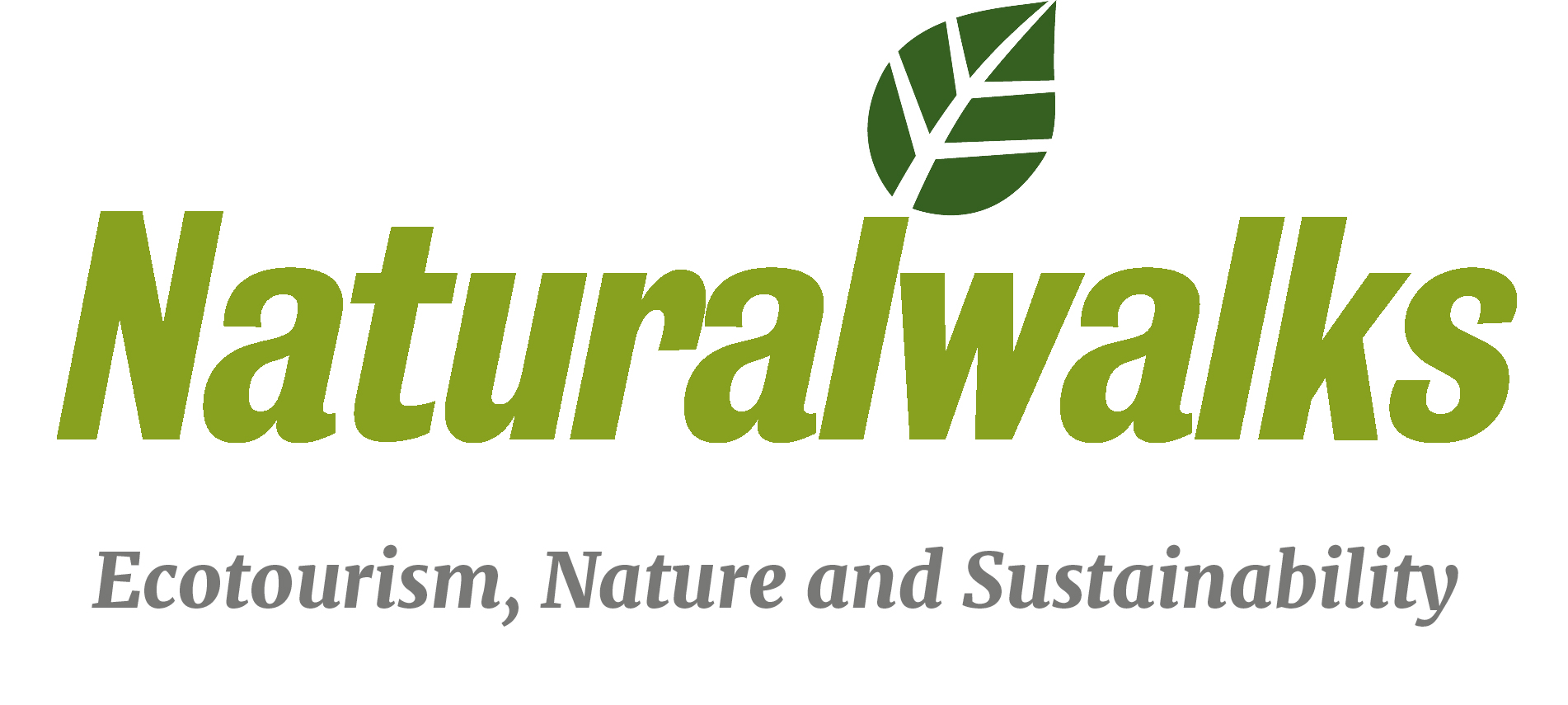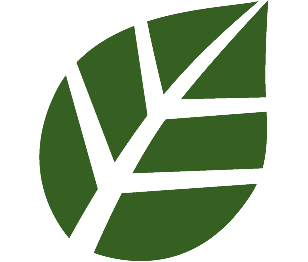What is the Naturalwalks School?
The Naturalwalks School aims to train and advise people and organizations in various professional fields related to Nature. Mainly in its relationship with the world of tourism, gastronomy and health.
Naturalwalks has an international outlook, developing its work mainly in Europe and Latin America.
TOURISM
This area of training provides the foundations in guiding focused on the quality of services and is applied to different professional contexts mainly related to tourism.
The view of training in guiding as a profession by Naturalwalks is holistic and includes both knowledge and reflection about the profession as well as learning techniques related to group management, logistics, support materials and other areas of knowledge
All the training is proprietary to Naturalwalks and is based on the experience of the teaching team and their specialized learning in their area of knowledge.
Ecotourism and Nature guiding
Aimed at learning the profession of guide in natural environments in all kinds of climates and its relationship with the cultural heritage of each place. Each course will be adapted to the natural environment where the training takes place.
The bases of the guided tour focused on the identification of the potential of the different elements that are part of Nature, their relationship between them and the potential in their interpretation will be given, as well as the various associated cultural expressions and the particularities of the guided tour adapted to each environment
Guiding training will not focus on knowledge of natural resources (biotic or abiotic: geology, flora, fauna or fungi, meteorological or climatic phenomena) but on the interesting and limiting elements for each of them.
In the advanced courses, you will work in depth on the guidance related to each specialized resource.
The training the different aspects for the development of the profession in these environments, the design of guided activities and the creation of experiences.
Gastrotourism: guidance in the gastronomic product
Aimed at learning the profession of guide in very diverse environments directly related to gastronomy through a particular product: the world of oil, fruit, truffles, or culinary products specific to each territory: rice, fishing, dried fruit, etc.
For each type of resource, a course adapted to the particular conditions of the environment and type of resource will be designed.
Wine tourism: guided tours around vineyards
Aimed at learning the profession of guide in environments linked to the world of wine and associated spirits – cava and spirits.
The wineries, their facilities, the vineyards and the natural environment that surrounds them have particularities that make them special in the design of routes and in the type of guidance.
The training will focus on delving into these particularities, which share relevant aspects with guiding in natural environments and their link with gastronomy.
Interpretation training:
Natural and cultural heritage interpretation techniques
Interpretive techniques form the bulk that guarantees quality in guiding and in this course we will delve deeper into interpretation as a field of knowledge and the use of interpretation tools applied to different types of environments, heritage – both natural and cultural-, as well as related professional contexts – education, tourist information, management and conservation of the territory, etc.-.
The course will develop the general context of the origins of interpretation, as well as the fundamental tools for the good development of an interpretive activity and the theoretical and especially practical learning to carry out a talk, guidance and evaluation following the criteria learned .
The course has an intensive format – of 5 days – and is part of the training certified by Interpret Europe, of which Evarist March Sarlat has been an official trainer since 2014, with 26 courses held in various places in Europe and South America.
Specialized advanced courses
- Geological guidance
- Botanical and ethnobotanical guidance
- Health guidance
- Conflict resolution
- Guidance for groups with special needs
Tourism product development
The training in the creation of a tourist product will focus on the analysis of the territory, the approach of the type of tourism and resources to be interpreted as well as the profile of the public to whom it is addressed.
Each of the courses has a similar basis and will be tailored according to the specific subject, location and requirements requested by the client.
GASTRONOMY
This training is aimed at professionals and people interested in learning and improving their knowledge in the use of wild natural plant resources – and fungi and mushrooms – within the broad context of the world of cooking: solid cuisine with different types of traditional cuisine or current and the world of traditional spirits or their use in cocktails.
The courses are adapted for each group of potential ingredients and will be carried out combining theory and field practice in different natural environments. All courses include harvesting, transport and conservation techniques, and various uses in the kitchen.
The trainings will be tailored depending on the place where they want to take place and the type of product selected.
Gastrobotany:
Use of wild plant and fungal resources applied to cooking
Kitchen:
- Use of wild plants
- Use of wild algae
- Use of fungi and mushrooms
Gastrobotany:
Use of wild plant resources applied to liquor:
Traditional liquors:
- Elaboration of Ratafia
- Production of Vermouths
- Gastrobotany applied to cocktails
HEALTH
These trainings are aimed at professionals and people interested in learning and improving their knowledge in improving health through different points of view: the use of wild natural resources, plants and fungi, from the point of view of their use as ingredients that they bring quality to our nutrition and at the same time as vegetables that provide substances that improve our lives by applying their remedial properties.
Finally, the third of the courses is aimed at people who want to improve their quality of life through experimentation and conscious contact with different quality nature spaces to generate a change in physical, mental and emotional well-being and they will do through a route and physical exercises.
The courses will be tailor-made, adapted to each of the groups and will be carried out combining theory and field practice in different environments.
Nutrition
The courses will be mainly field-based, and will focus on the easy identification in their natural place of growth of: plants, algae, edible wild fungi and mushrooms and understanding the relationship between adaptation to the habitat where they live, the season of the year in which they grow and their natural composition.
At the same time, you will learn from the properties of each ingredient which parts can be used in the best way in the kitchen and their application to improve health based on their nutritional contribution.
Wellness and health
The courses will be fundamentally field-based, and will focus on the relationship at different levels of how Nature can help us improve health from the application of the resources of the field as well as a deeper relationship with healthy environments.
Through personal and group exercises, it will be possible to intervene to improve the quality of life through experimentation and conscious contact to generate change at different levels of the person that allow: more awareness and bodily presence, increased of the level of tranquility and silence, improvement of the amount of energy and greater contact through the senses with the environment and people.
Phytotherapy
The courses will be mainly field-based, and will focus on the easy identification in their natural place of growth of: plants, algae, edible wild fungi and mushrooms and understanding the relationship between adaptation to the habitat where they live, the season of the year in which they grow and their natural composition.
At the same time, you will learn from the properties of each ingredient which parts can be used in the best way and their application to improve health based on their contribution to prevent symptoms or diseases.

